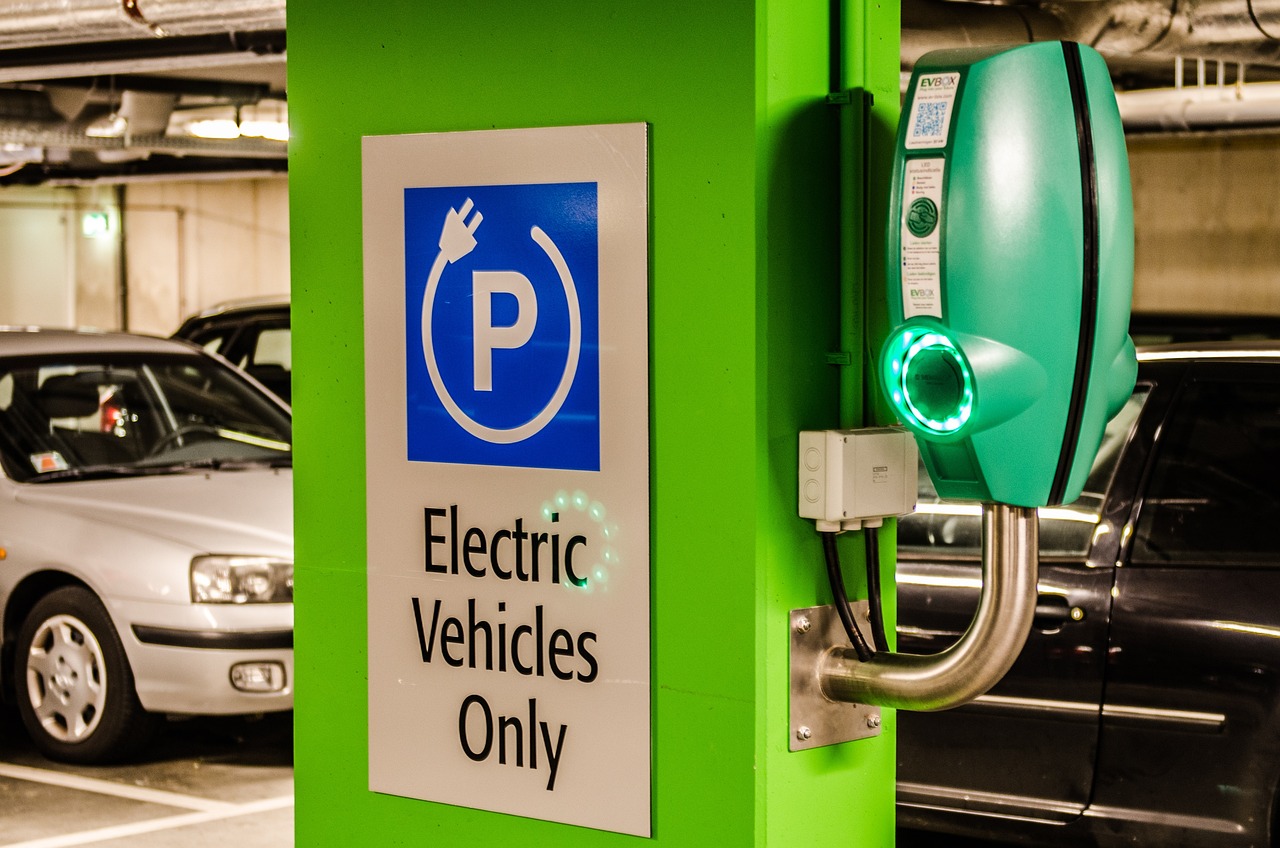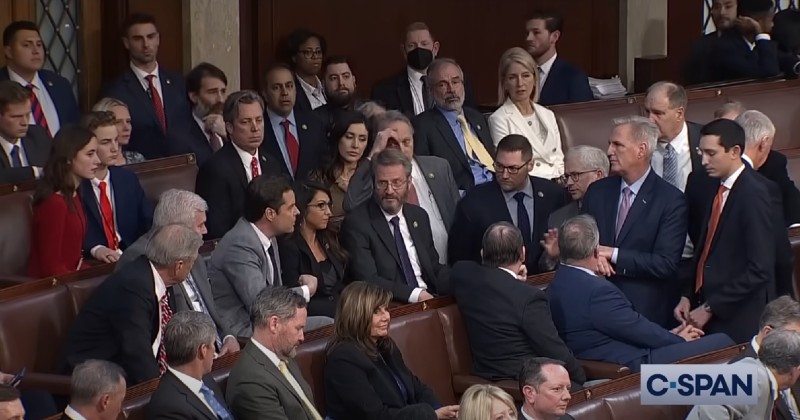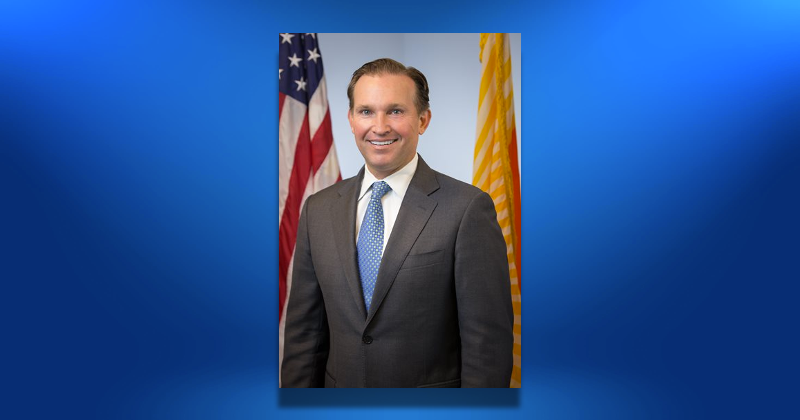It defies all common sense for our nation to rely solely on solar and wind to generate electricity while discarding nuclear and fossil fuels, including geothermal options.
Politicians are naive about the possibilities of potential new energy sources in the future. If they continue to buy into the insanity of relying fully on clean energy.
As usual, the taxpayers end up with the bill, which continues to rise thanks to too much spent on worthless projects.
Wind power has proven costly. Companies are losing billions of dollars because the equipment and maintenance needed to tap into wind power are exceeding original projections. Of course, the usual “Not In My Back Yard” (NIMBY) groups are preventing wind energy locations from being developed.
Solar power is also a problem. It’s only useful during the day. The NIMBY crowds are also ensuring there are problems with setting up and running solar farms.
Now come the real problems: EV trucks and cars.
Let’s start with California and its truck mandates. By 2035, California wants all trucks to be EVs. There are currently 510,000 trucks in California, but only 272 are EVs.
There’s a reason why only a few consumers are buying electric trucks. These trucks cost three times similar models with a diesel engine. They can run as high as $400,000 to $500,000 each and the $40,000 to $50,000 rebates from the Inflation Reduction Act simply don’t make them a good investment.
Charging stations are also a problem. Trucks take up lots of power. They can interrupt the power grid and take up to three times longer to charge than a car. Finally, the batteries weigh 4000 lbs each and, usually, two are needed. Because of the additional weight of the batteries and federal restrictions on weight, these trucks can deliver fewer products, leading to more trucks on the road, which only sucks up more electric power.
Our elected officials simply haven’t anticipated the unintended consequences of their actions. So have many CEOs who haven’t engaged the public about the regulations, which will ultimately cost consumers millions of dollars.















Samuel Kendall
September 6, 2023, 9:43 pm at 9:43 pm
Beginning in the 1980s lawmakers (mostly gop) put off making the changes in our electrical and transportation systems even as they were warned of the consequences. Now we are experiencing the consequences ( this may be the coolest summer we will ever see). Burning fossil fuels of course is the primary reason the ocean is squeezing the life out of corals, boosting the power of hurricanes, chasing insurance companies out of the state, sunshine street flooding in Miami and I won’t be surprised to see the fleet leaving Jacksonville when the docks go under water. No one is ruling out nuclear or geothermal. Utility scale batteries, solar and wind have saved TX during these heat domes. Come on, join us. Every transition has problems to resolve. The consequences from continuing emissions of greenhouses will be far worse than the impacts from a heavy battery load.